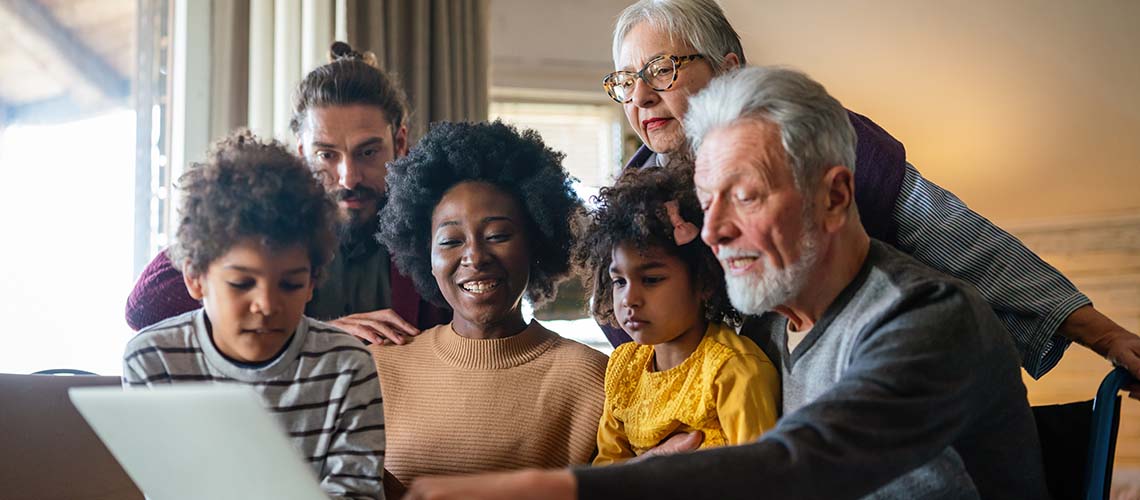Our research
Evaluating Fall Risk using Machine-learning Approaches to Posturography
Co-Investigators: Jocelyn Rempel, Jared Fletcher, Christy Lane
Industry Partner: Sparta Science (Bryce Patterson, Jesse Shaw)
Community Partner: Silvera for Seniors
Currently in the data analysis phase of the study.
Understanding the Perspectives of Generations Through an Intergenerational Speaker Series
Co-Investigators: Jocelyn Rempel, Gail Crockford, Holly Johnson
Older Adult Research Partner: Joan Gregory
Community Partner: Calgary Association of Lifelong Learning
Currently in the research proposal phase.
Initiatives
Interdisciplinary research for healthy aging
The limited opportunities for aging adults to participate and contribute to research often leads to a lack of understanding of their unique health needs and even contributes to health disparities. The Centre provides the opportunity for older adults to become research partners and participate in the research design process, including the development of research questions, the design of data collection tools and the interpretation of research findings. This allows older adults' perspectives to be incorporated into the research process and assist with developing interventions that are designed with their needs and preferences in mind.
The Centre formalizes current community partnerships that have been established by Mount Royal University faculty, and it allows opportunities for intergenerational connections between students involved in the research and the older generation.
Collaboration and knowledge sharing
High fidelity simulation
Two high fidelity simulation experiences with standardized patients (live actors) were developed and initiated for all third-year nursing students enrolled in the Older Adult Health course.
This initiative allows students to thoroughly understand the complexity of aging adults and how to care for them in a multitude of settings. Each scenario addresses mental, physical and social issues that impact the functionality of older people, and provides the opportunity for students to reflect on the beliefs and attitudes towards the aging population.
An innovative method for delivering simulation was trialed, where the clinical instructors were provided the opportunity to be trained as simulation debriefers. The purpose is to enhance the instructors’ capacity to teach in the clinical and simulated settings. Future research to evaluate the effectiveness of this teaching method is in the initial planning phase.
Impact
Student testimonials
“I liked being able to draw on our own clinical experiences and connecting real life examples. The simulations also provide a lot of experience and viewpoints that students would not be able to think of otherwise.”
“I enjoyed having the strength-based feedback from my peers and instructor. This decreased levels of anxiety/nervousness as it felt less like being graded and more like a pivotal learning experience.
Virtual simulation
As a pilot project, five virtual simulation scenarios are currently being embedded into the Older Adult Health curriculum. Each scenario was carefully chosen to address common population health issues that older adults experience for the purpose of enhancing students’ knowledge and understanding. They also provide an alternative method of teaching for clinical instructors.
Immersive learning through research
Planned the timing of data collection for two research studies to coincide with clinical practicum for nursing students. Purpose was to provide an alternate perspective for nursing leadership positions and the opportunity for students to learn about new innovations in the field of nursing and ultimately influence their perceptions of gerontology.


